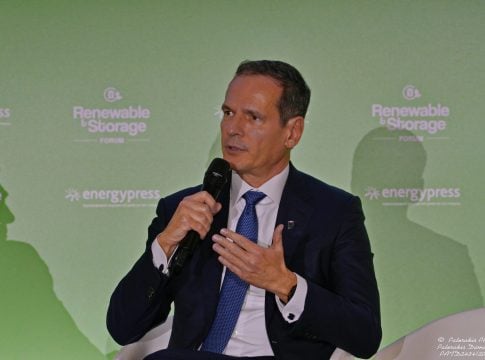Greece is becoming an attractive investment destination in the technology sector, as shown by the data of the recent EY study.
The analysts recorded an improvement in the qualitative composition of investments and pointed out the fact that the emphasis is shifting to knowledge-intensive activities and high-value-added sectors that can contribute to the transformation of the Greek economy, ensuring greater long-term benefits, such as technology transfer and better-paid, highly skilled jobs.
It is also important to note that the digital economy sector (IT, artificial intelligence, technology, telecommunications, media) was ranked second for the first time in the ranking of sectors that will boost Greece’s growth in the coming years, accounting for 17% of the first reports and 22% overall.
In particular, investments in the software and IT services sector represent 26% of the total, compared to 15% across Europe, while 14% of Foreign Direct Investment was directed to activities related to Internet Data Centers. According to EY analysts, data centers create direct and indirect jobs, boost the development of related sectors, such as telecommunications and energy, real estate and security, support other emerging technologies and can attract other foreign investments in the technology sector.
Another positive development is the increase in investment in research and development, to 6% from 2% last year, but lower than the European average of 9%. As the data showed, corporate headquarters and education and training are absent from the FDI mix this year.
Greece recorded a positive trend in knowledge-intensive foreign direct investment, while in the rest of Europe the software and IT services sector, which in recent years has been at the top of the FDI ranking, a significant decrease of 17% was recorded, as rising costs, sluggish demand and global uncertainty mainly affected investments from American companies.
Regarding the performance of the Greek startup ecosystem, EY noted that the startup ecosystem is showing remarkable growth, demonstrating resilience, extroversion and investment attractiveness in critical high-tech sectors.
Specifically, the value of the ecosystem and active startups amounts to 12 billion dollars as a 2024 valuation from 8 billion in 2022. The system numbers more than 3,000 startups, with investment performance of over 555 million in 90 and more companies in 2024, marking an increase of 15% compared to 2023.















